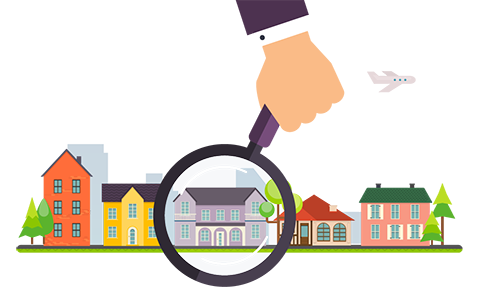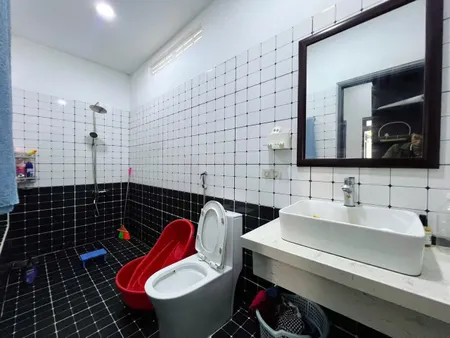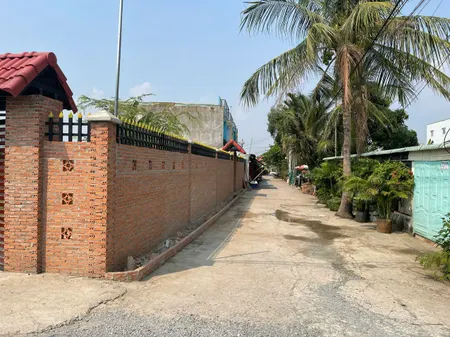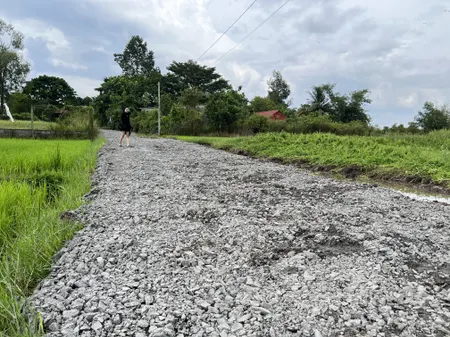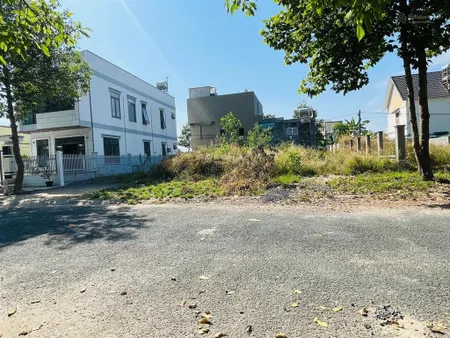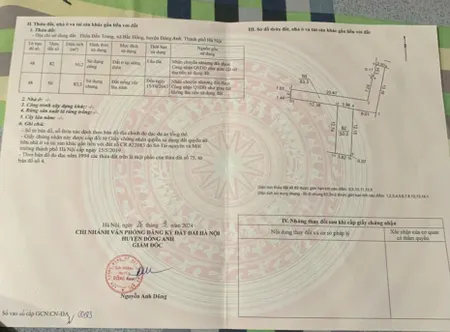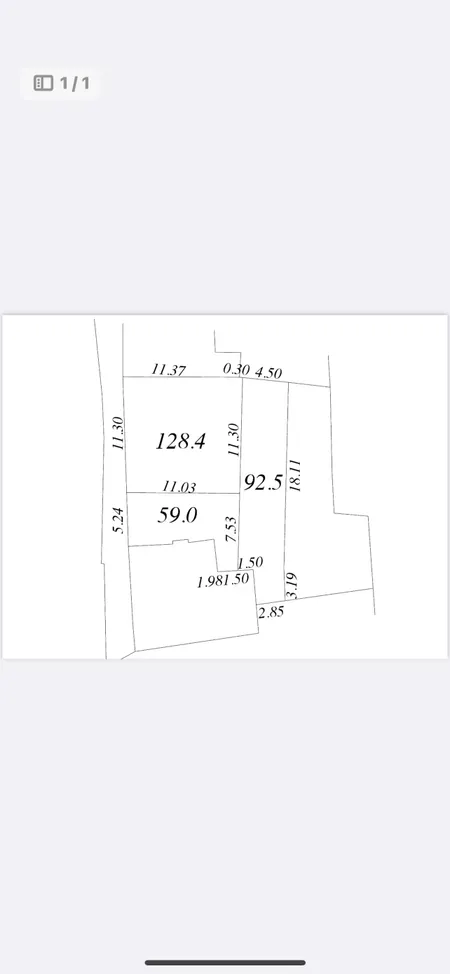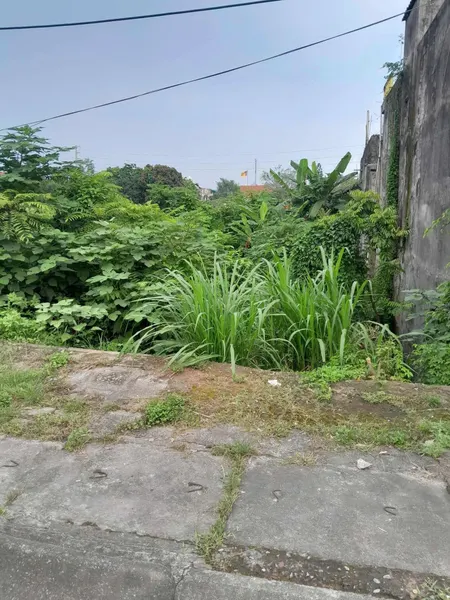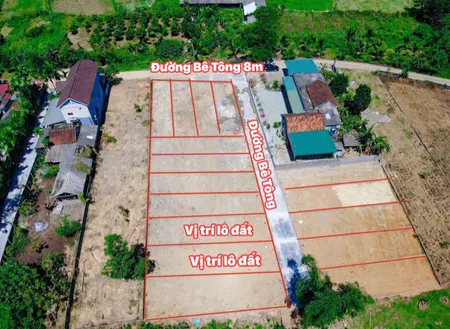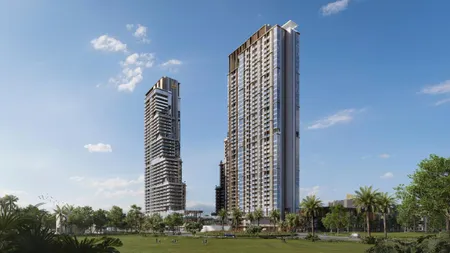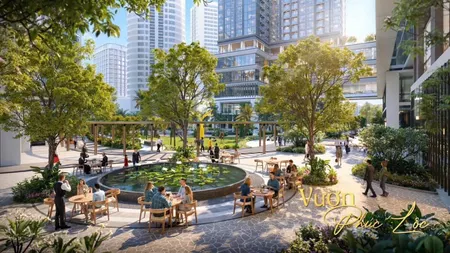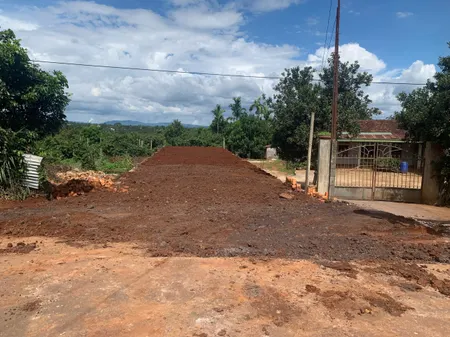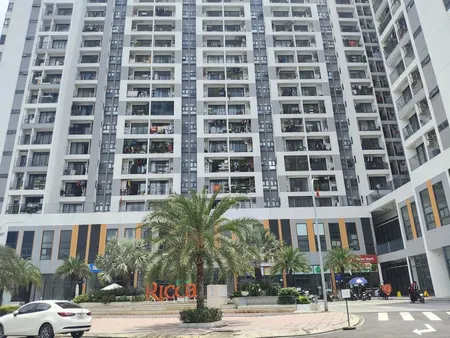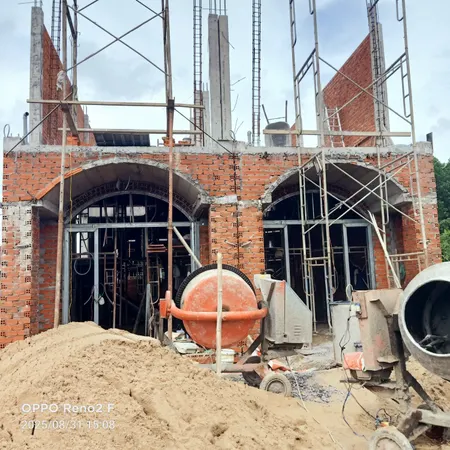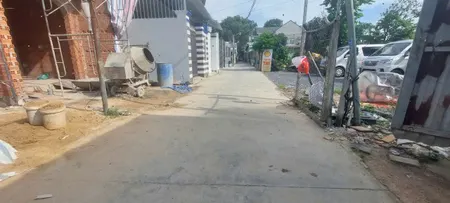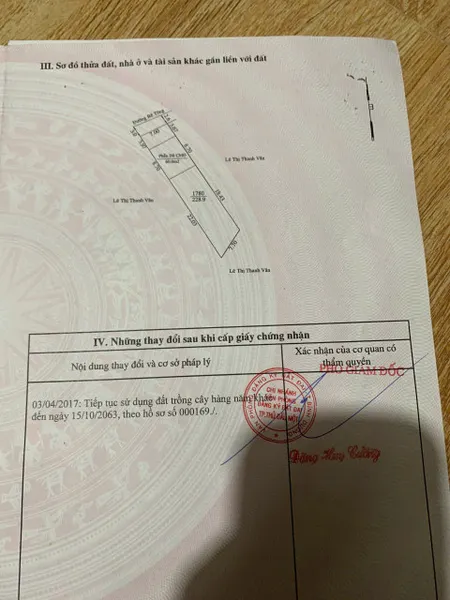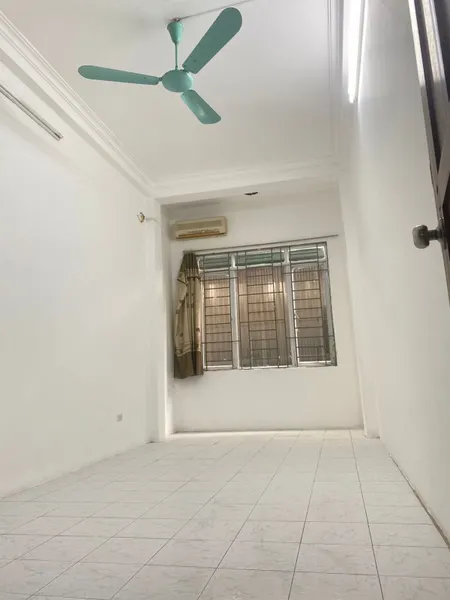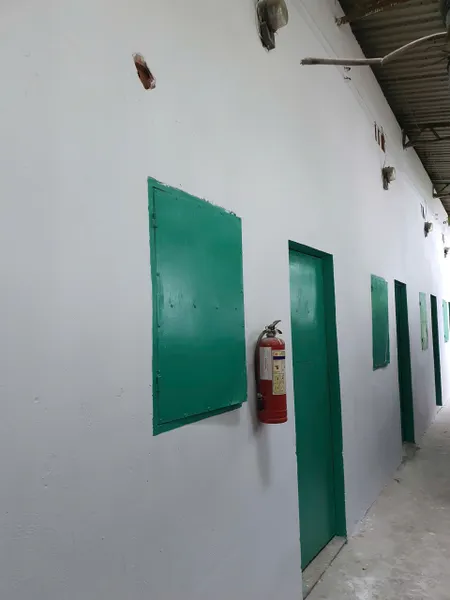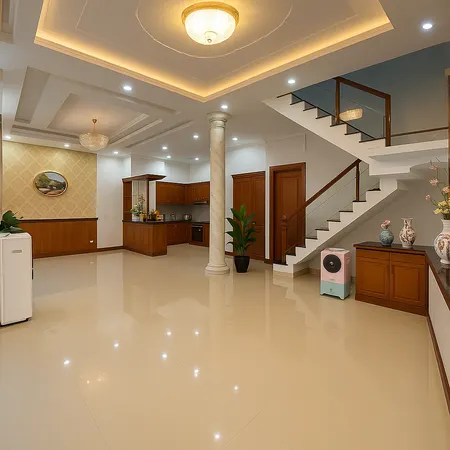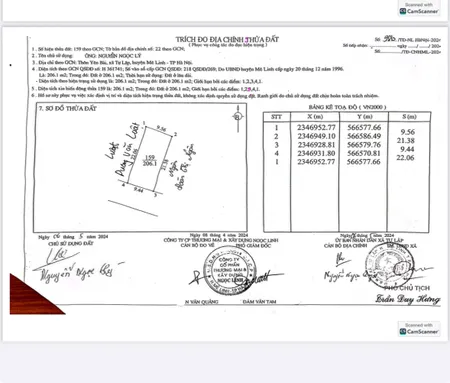Chọn loại BĐS
Mua bán nhà đất bất động sản Việt Nam tháng 09/2025 giá rẻ
- DIỆN TÍCH: 40x56 = 2.290m2 sổ hồng riêng
- GIÁ BÁN: 160 Triệu/sổ. Bao sang tên công chứng
- Nằm kết nối giữa tuyến đường Quốc lộ 13 và Quốc lộ 14 giao thông thuận lợi
- Đất sát CHỢ, Khu hành chính, UBND, Trạm Xá, Trường Học, Ngân Hàng, .... dân cư đông kinh doanh buôn bán thuận tiện
- Từ đất đi 500m có các công ty nhà máy xí nghiệp đang hoạt động, đông công nhân nên có thể xây trọ liền
Cần tiền gấp bán nhanh nên Anh Chị thiện chí liên hệ tôi xem sổ và đất: O931.783.2O9_C. Huyền (có Zalo)
Căn nhà tại đường b2. Thôn 6. Cưbua(phường buôn ma thuột)
✅5x40 thổ cư bìa riêng.
Hướng Nam
✅Nhà xây hết đất
✅Nhà bao gồm 1 sân oto trc. 1 phòng khách liền bếp rộng.
Có 3 phòng ngủ( trong đó 2 phòng ngủ master). Có 3 tolet. Phía sau có 1 khoản sân phơi đồ rộng nữa
ℹ️đường xá đẹp. Oto né nhau thoải mái
👉bán nhà tặng nội thất. Để lại toàn bộ bàn ghế sopha. Giàn tủ rựu. Tivi. Giường. Chỉ cần xách vali vào là ở thôi ạ
Cách ngân hàng kiên long chưa tới 500m.
Giá 2ty950tr( còn thương lượng )
☎️
📐 Diện tích: 5x40m (200m²) – Có thổ cư
💰 Giá bán: Chỉ 265 triệu (≈ 1,3 triệu/m²)
🚗 Đường đất rộng – Quy hoạch 8m, ô tô né nhau thoải mái
🔹 Cách đường bê tông chỉ 50m – Giao thông thuận tiện
🏫 Cách trường học chỉ 500m – Gần khu dân cư, tiện ích đầy đủ
📈 Phù hợp đầu tư – tích trữ tài sản lâu dài
🌱 Đất bằng phẳng, khu vực đang phát triển mạnh
📞 Liên hệ ngay để xem đất thực tế & nhận giá tốt
– Diện tích: ngang 12m x 30m dài, (tổng diện tích 384m2, có 230m thổ cư), quy hoạch khu dân cư.
– Vị Trí: nằm mặt tiền đường nhựa, có tường xây bao quanh lô đất, đường thông tứ hướng, ra đường BÌNH MỸ tầm 200m, xung quanh nhà dân đông, tiện ích xung quanh đầy đủ, thích hợp đầu tư sinh lời, gần sân banh và xí nghiệp
– Pháp lý: Sổ hồng riêng.
– Giá: 5 tỷ 200 triệu đồng
Tham khảo thêm sản phẩm tại: https://nhadatvanphat.vn/
Cám ơn đã đọc tin và mong tiếp khách thiện chí./.
– Diện tích: ngang 11m x 50m dài, (tổng diện tích 550m2, có 100m thổ cư), quy hoạch khu dân cư.
– Vị Trí: nằm mặt tiền đường 155 Xã Bình Mỹ, đường thông tứ hướng, ra cầu Rạch Tra 200m, qua cầu tới ngay Hóc Môn, Quận 12, đường thông, xung quanh nhà dân đông, tiện ích xung quanh đầy đủ, thích hợp đầu tư sinh lời, xây nhà vườn, biệt thự…
– Pháp lý: Sổ hồng riêng.
– Giá: 6 tỷ 800 triệu đồng (giá cũ 7,8 tỷ)
Tham khảo thêm sản phẩm tại: https://nhadatvanphat.vn/
Cám ơn đã đọc tin và mong tiếp khách thiện chí./.
– Diện tích: 5,2mx22m (tổng diện tích 113m2), diện tích công nhận 83,3m2, nhà có hoàn công đầy đủ.
– Hiện Trạng: Nhà xây 1trệt 1lầu, gồm có: 1sân phơi đồ, 1ban công, 1nhà để xe, có 1 kiot măt tiền diện tích 4mx10m và 5 phòng trọ đang cho thuê thu nhập 14 triệu/tháng, có hệ thống Camerra 24/24 để quan sát.
– Vị trí: nằm mặt tiền đường Nguyễn Thị Sóc, khu vực xung quanh buôn bán sầm uất, nằm ngay chợ tạm buổi sáng, đường có lộ giới 40m, gần trường học cấp 3 Bà Điểm 100m, chợ Đầu Mối Hóc Môn, chợ Bà Điểm, siêu thị CoopFood, Bách Hóa Xanh, WinMart, bán kính chỉ 500m, kho Gia Hàng Tiết Kiệm chỉ cách 2 căn nhà …..thích hợp mua đầu tư sinh lời hoặc định cư lâu dài, buôn bán đa nghành nghề.
– Pháp lý: sổ hồng riêng sang tên ngay.
– Giá: 10 tỷ đồng gặp chủ thương lượng.
Tham khảo thêm sản phẩm tại: https://nhadatvanphat.vn/
Cám ơn đã đọc tin và mong tiếp khách thiện chí.
📍 Vị trí: KDC Long Hòa – Cần Đước – Long An
✅ Diện tích: 4 x 21m
💰 Giá: chỉ 1 tỷ 150 triệu (thương lượng trực tiếp chính chủ)
🚗 Cách đường nhựa 835D chỉ 200m
🌟 Ưu điểm:
🏡 Khu dân cư đông đúc – an ninh tốt
🛣️ Đường rộng, hạ tầng hoàn thiện
🏬 Gần chợ, trường học, ngân hàng, UBND
🏠 Thích hợp xây nhà phố 1 trệt 2 lầu hiện đại
💎 Cơ hội vàng sở hữu nền đất đẹp – đầu tư sinh lời – an cư lạc nghiệp!
📞 Liên hệ ngay: 0903893173 để xem đất thực tế!
#ĐấtLongHòa #BánĐấtChínhChủ #ĐấtNềnGiáRẻ #ĐầuTưSinhLời #LongAn
- Dòng tiền 25tr/thang
- dt 110m ngang 8,8m
- Mặt bằng tầng dưới view sông trực tiếp với khách du lịch bơi thúng tham quan - kinh doanh nhà hàng hoặc các dịch vụ ăn uống cho khách du lịch ĐỈNH của ĐỈNH- tầng trên gồm 2 phòng ngủ , tolet và ban công view sông rừng dừa tuyệt đẹp
- DECO Homsetay cho thuê Đỉnh
LH ngay 0397217502-0932775886 ĐÔ xem nhà
Diện tích: 4 x 15m² 60m²
Kết cấu: 1 trệt, 2 lầu + sân thượng, BTCT kiên cố.
Công năng: 4 phòng ngủ, 4 WC, không gian thoáng mát, đầy đủ tiện ích.
Tặng toàn bộ nội thất cao cấp (tivi, tủ lạnh, máy giặt, ghế massage, giường tủ, bộ salon).
Giá 5.5 tỷ thương lượng
Liên hệ: 086 859 6068 Xem nhà
Diện Tích 442m² 11×40m²
Kết cấu: 1 trệt, 3 lầu, sân thượng – 18 phòng ngủ rộng + 19 WC, đầy đủ bếp, phòng khách, sân phơi.
Thang máy tải trọng 450kg, chủ tự xây kiên cố, cực tâm huyết.
Mặt tiền đường 12m, vị trí đẹp, gần chợ – trường học – khu dân cư đông.
Khai thác căn hộ dịch vụ, cho thuê dòng tiền ổn định.
Sổ hồng riêng, pháp lý chuẩn, giao dịch ngay.
Chủ thiện chí, hỗ trợ tối đa cho khách mua.
Giá bán: 28 tỷ thương lượng
Liên hệ: 086 859 6068 Xem nhà
🏡 Diện tích: 50m² – vuông vắn, phong thủy đẹp
🚶♂️ Cách 15m ra đường nhựa
🧒 Gần trường cấp 1-2-3, chợ, trạm y tế – bán kính chỉ 300m
🌉 Cách 4km tới Cầu Nhật Tân, Sân bay Nội Bài – kết nối trung tâm nhanh chóng
💰 Giá chỉ từ 2 TỶ – rẻ nhất khu vực
💬 Gọi ngay: E Trưởng
📞 để xem đất trực tiếp!
Đất thừa 192m
Diện Tích : 5x20 = 100m2
Giá F0 : 4xx tr cho ae đầu tư ạ
Diện tích: 1582.7m2 (30m ngang) mua 5m bán 5m mua 10m bán 10m
Giá bán: 100 triệu/m ngang (nguyên lô 3 tỷ)
Liên hệ: 0828.966.766 (Tông) chính chủ
- Diện tích: 8.328 m².
- Vị trí: Mặt tiền đường Nguyễn Đình Chiểu, ngay Khu du lịch Quốc gia Mũi Né và được mệnh danh là Thủ đô resort nên độ nhận diện thương hiệu cao
- Có đủ tiện ích như hồ bơi, nhà hàng, spa bên trong dự án
- Resort sở hữu bãi biển tuyệt đẹp, rất phù hợp cho du khách trải nghiệm không gian riêng tư, hoặc Team Building, Party ngoài trời...
- Bàn giao tiêu chuẩn 4 sao đã vận hành ổn định
- Nội thất đầy đủ, nhà lễ tân, nhà ăn, hội trường, đài nước, nhà máy phát điện, hồ bơi, 4 khối nhà bungalow gồm 24 - Mặt tiền rộng 44m, thích hợp cho việc kinh doanh và phát triển du lịch.
- Đường vào 14m, thuận tiện cho việc di chuyển và tiếp cận.
- Pháp lý đầy đủ, đảm bảo an toàn cho giao dịch.
- Giá bán 180 tỷ VND.
Liên hệ: 0902549769 A Bảo
+ Ngay mặt tiền, đối diện chung cư Ricca Điền Phúc Thành, khu dân cư đông, tiềm năng kinh doanh cao.
+ Diện tích 126m², ngang 8m vuông vức – cực kỳ hiếm.
+ Lợi thế lô góc 2 mặt thoáng, mở cửa hàng, showroom, văn phòng đều lý tưởng.
+ Giao thông thuận tiện: kết nối Nguyễn Duy Trinh, Đỗ Xuân Hợp chỉ vài phút.
LH: 0903676923
👉Dt 88m2 — Hướng Tây nam
👉PHÁP LÝ : sổ riêng
✅✅ Giá :1ty9
🏡🏡 Nhà gồm: sân xe hơi, p khách p thờ,3 p ngủ bếp, wc ,nội thất đầy đủ
💕NHÀ XÂY TÂM HUYẾT RẤT CHẮC CHẮN 💕
☎LH 0942408816 xem nhà
DT : 4x 17 =67m2 (60m thổ cư )
Giá : 1 tỷ 690
Đường bê tông 4 met, ô tô vô tới đất
DT xây nhà bao đẹp
LH : 0985.646.242 Mr VŨ
DT : 5x36=181m2 ( 100m thổ cư )
Mặt tiền đường nhựa 6m
Lô Đất rẽ nhất Lai Hưng
LH :L 0985.646.242 Mr VŨ (gc)
- DT : 7 x 33 =229m2 ( 100m thổ cư)
- Nhà còn mới rộng rãi , thích hợp ở tầm 2-3 thế hệ
- Giá : 3 tỷ
Chủ đang kẹt tiền nên cần bán gấp
Tính ra tầm 12-13tr/m2 rẽ nhất khu vực
Đường xe nhựa oto vô tới đất
Đất cách Ql 13 chỉ 100m
LH : 0985.646.242 Mr Vũ
+ Nhà dân xây khung cột rất chắc chắn, khách ở ngay hoặc sửa chữa tùy nhu cầu.
+ Vị trí đẹp không có nhà đối nhà, không có cửa đối cửa. Trước nhà ba gác phi.
+ 20m ra mặt phố, 150m ra hồ. Tiện ích tận chân răng.
+ Ngõ thông sang ngõ 10 Láng Hạ. Kinh doanh nhỏ mi móng, gội đầu, kinh doanh online.
+ Phù hợp nhiều khách có nhu cầu.
+ Sổ đỏ đẹp. Hiện có 2 ngủ, 3VS + Phòng khách, bếp + Sân phơi, phòng thờ riêng.
Quy Hoạch Chi Tiết đất ở nông thôn mới , đã san lấp 10.000 M2 ngang mặt đường
Gần Sân Bay Long Thành ,Khu sầm uất , tiện Kinh doanh mọi ngành nghề , đối diện công Ty Bột Ngọt Vedan
Hiện đang cho thuê dòng tiền 2 Tỷ / 1 năm
Chính chủ bán có hoa hồng cho môi giới - Liên Hệ : 0943900997 Mr Cường
QUY MÔ DỰ ÁN
400 ha
ĐỊA ĐIỂM DỰ ÁN
Xã Hiệp Thành và Vĩnh Trạch Đông, thành phố Bạc Liêu, tỉnh Bạc Liêu
PHẠM VI CÔNG VIỆC
Tổng thầu thi công hệ thống MEPF
Dự án Khu đô thị sinh thái hỗn hợp Bạc Liêu – Khu nhà ở mật độ cao gồm nhiều hạng mục du lịch nghỉ dưỡng cao cấp như khách sạn 5 sao, sân golf tiêu chuẩn quốc tế, trung tâm hội nghị – nhà hát, khu đô thị thương mại cao cấp, shophouse, biệt thự, quảng trường, phố đi bộ...
Trong đó, có sân golf gần 80 ha và tổ hợp resort sinh thái nghỉ dưỡng cao cấp được xây dựng với mật độ thấp, có góc mở lớn, bao quát toàn bộ sân golf. Các công trình của tổ hợp này bao gồm: khách sạn 5 sao (6 – 9 tầng), các bungalow, nhà hàng, spa… Cùng với đó là Trung tâm Hội nghị quốc tế và club house
- Diện tích 570m2 có 300m thổ cư ( 60 phòng)
- Gần các vị trí tiện ích thiết yếu, nhà máy cty, chợ, viện xá, công an, phường v.v.v
- Quý hoạch đường thông qua kdc Phú Hồng Lộc kết nối đường 22/12.
- Có dòng thu nhập ổn định 45- 60 triệu/ tháng.
- Phòng ốc sạch sẽ, hệ thống camera giám sát đầy đủ mọi ngóc ngách, có hệ thống bấm dấu vân tay ra vào cửa đảm bảo an ninh.
Anh chị nào có nhu cầu thực sự LH: 0908330265
💎 Vị trí vàng – sát cạnh ĐHQG TP.HCM, khu vực đông sinh viên – tiềm năng khai thác cho thuê và tăng giá cực cao!
📌 Thông tin chi tiết:
📐 Diện tích: 75m² – Sổ hồng riêng, thổ cư 100%
🏠 Kết cấu: 1 trệt, 1 lầu – thiết kế hiện đại
👉 4 phòng ngủ rộng thoáng, ánh sáng tự nhiên
👉 Tầng trệt không gian mở – tiện nghi, phù hợp gia đình trẻ
🚶 Vị trí đắc địa: gần ĐHQG, ký túc xá khu B, chợ, siêu thị, thuận tiện di chuyển về trung tâm
🚗 Hạ tầng hoàn chỉnh: đường trước nhà 8m, vỉa hè cây xanh thoáng mát
💸 Tiện ích đầu tư: vừa an cư, vừa khai thác cho thuê, đảm bảo dòng tiền ổn định
💰 Giá bán cực tốt: chỉ 5 tỷ xxx triệu.
📞 Liên hệ ngay: 037.2222.648
👉 Nhanh tay sở hữu, cơ hội không đến lần hai!
